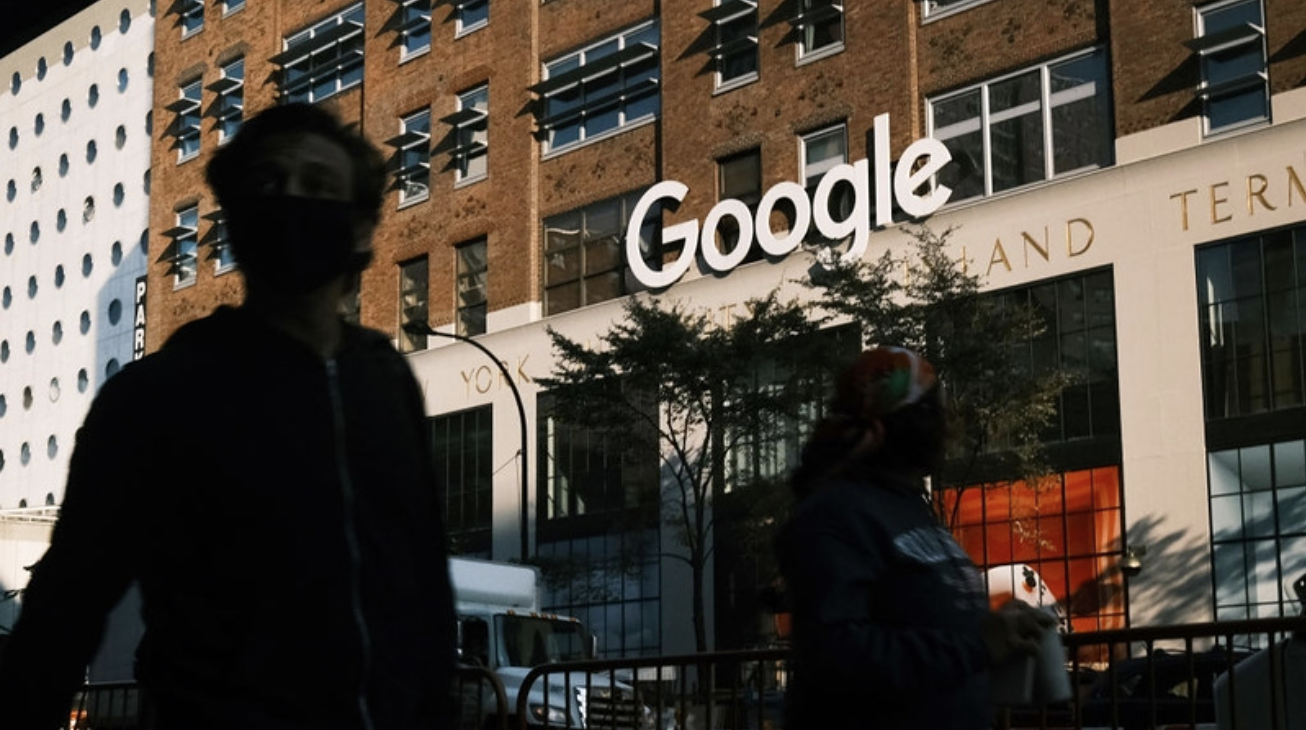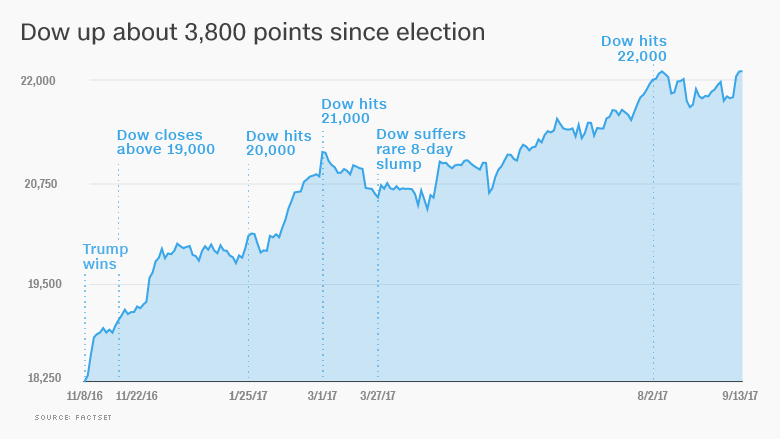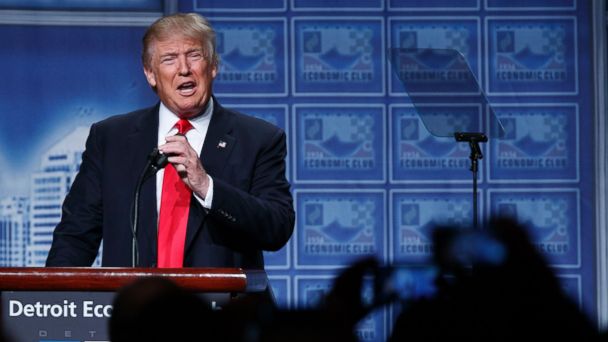Google, DOJ Return To Court: Battle Over Search Monopoly Heats Up

Table of Contents
The DOJ's Antitrust Case Against Google
The core of the DOJ's antitrust lawsuit against Google centers on its alleged abuse of monopoly power in the search engine market. The DOJ argues that Google's dominance, stemming from its massive market share, is not the result of fair competition but rather a consequence of anti-competitive practices that stifle innovation and harm consumers.
-
Allegations of Monopoly Power: The DOJ claims Google leveraged its dominant position in search to unfairly favor its own products and services, creating an uneven playing field for competitors. This includes accusations of using its search algorithm to prioritize its own offerings (like Google Maps or Google Shopping) over those of competitors, effectively burying alternative options.
-
Stifling Competition: The lawsuit alleges that Google engages in practices designed to limit competition, including exclusive deals with phone manufacturers and mobile carriers to pre-install Google Search and Chrome as default apps. These contracts, according to the DOJ, prevent users from easily accessing alternative search engines and browsers.
-
Harm to Consumers: The DOJ argues that Google's actions limit consumer choice and innovation. By stifling competition, Google allegedly reduces the incentive for rival companies to invest in improving their products and services, ultimately leaving consumers with fewer options and less choice.
-
Potential Penalties: If found guilty, Google faces significant penalties, including potential fines, structural remedies (like forced divestiture of certain assets), and behavioral changes to its business practices.
Google's Defense Strategies
Google vehemently denies the DOJ's allegations, arguing that its market leadership is a direct result of superior innovation and its dedication to meeting consumer needs. Its defense strategy centers around several key arguments:
-
Superior Innovation: Google contends that its success stems from providing users with a superior search experience and innovative products. The company argues that its continuous investment in research and development has led to a better, faster, and more comprehensive search algorithm, attracting users organically.
-
Meeting Consumer Needs: Google claims its products and services, including Google Search, Android, and Chrome, are highly valued by consumers because they efficiently meet their needs. Therefore, the company insists that its market share is a testament to user preference and not the result of anti-competitive practices.
-
Competitive Market: Google emphasizes that the search engine market remains highly competitive, pointing to the existence of other significant search engines like Bing and DuckDuckGo. The company argues that users are free to choose alternative options, undermining the DOJ's claims of a true monopoly.
-
Evidence of Competition: Google has presented evidence aiming to show its market share is not insurmountable and that the market is dynamic, allowing new and existing players to compete, even if it currently holds a dominant position.
The Role of Search Engine Optimization (SEO)
The outcome of the Google-DOJ case has significant implications for search engine optimization (SEO) strategies and practices. Changes resulting from the court's decision could dramatically impact how businesses optimize their online presence.
-
Algorithm Changes: A court ruling against Google might necessitate changes to its search algorithm to enhance fairness and competition. This could lead to substantial shifts in organic search rankings, impacting how websites are discovered and ranked.
-
Increased Regulation: Increased regulatory oversight of search algorithms is a potential outcome. This could involve stricter guidelines on how search results are displayed and prioritized, potentially altering SEO best practices.
-
Impact on Organic and Paid Search: Businesses heavily reliant on organic search rankings for website traffic could see their strategies disrupted. Similarly, changes in Google Ads policies could affect companies depending on paid search advertising for customer acquisition.
Potential Impacts on the Digital Landscape
The legal battle between Google and the DOJ extends far beyond the two parties involved, impacting the broader digital market and online competition.
-
Increased Competition: A ruling against Google could foster increased competition in the search engine market, potentially leading to more diverse and innovative search services.
-
Consumer Choice and Experience: Greater competition could improve the overall online user experience, offering consumers more choices and potentially better search results, personalized experiences, and more privacy options.
-
Technological Innovation: A more competitive market could stimulate technological innovation in search algorithms, user interfaces, and related technologies.
-
Tech Regulation: The case serves as a precedent for future regulatory actions against other large tech companies, potentially leading to broader antitrust investigations and stricter regulatory frameworks.
Conclusion
The ongoing legal battle between Google and the DOJ regarding the alleged search monopoly is far-reaching and impactful. The outcome will likely reshape the digital landscape, affecting competition, innovation, and consumer choice. The arguments presented by both sides, along with the potential consequences, highlight the complexities of regulating powerful tech companies in the modern digital era and their impact on the digital market. The future of Google search and online search, in general, hangs in the balance. Stay informed about the developments in this critical legal case concerning the future of Google and online search. Follow the ongoing Google, DOJ search monopoly court battle to understand its far-reaching implications for the digital world.

Featured Posts
-
 Trumps Economic Agenda Who Bears The Cost
Apr 22, 2025
Trumps Economic Agenda Who Bears The Cost
Apr 22, 2025 -
 Who Will Pay For Trumps Economic Policies
Apr 22, 2025
Who Will Pay For Trumps Economic Policies
Apr 22, 2025 -
 Microsoft Activision Deal Ftcs Appeal And Its Implications
Apr 22, 2025
Microsoft Activision Deal Ftcs Appeal And Its Implications
Apr 22, 2025 -
 Saudi Aramco And Byd Team Up To Develop Electric Vehicle Technology
Apr 22, 2025
Saudi Aramco And Byd Team Up To Develop Electric Vehicle Technology
Apr 22, 2025 -
 Analyzing Pope Francis Impact The Conclaves Verdict
Apr 22, 2025
Analyzing Pope Francis Impact The Conclaves Verdict
Apr 22, 2025
